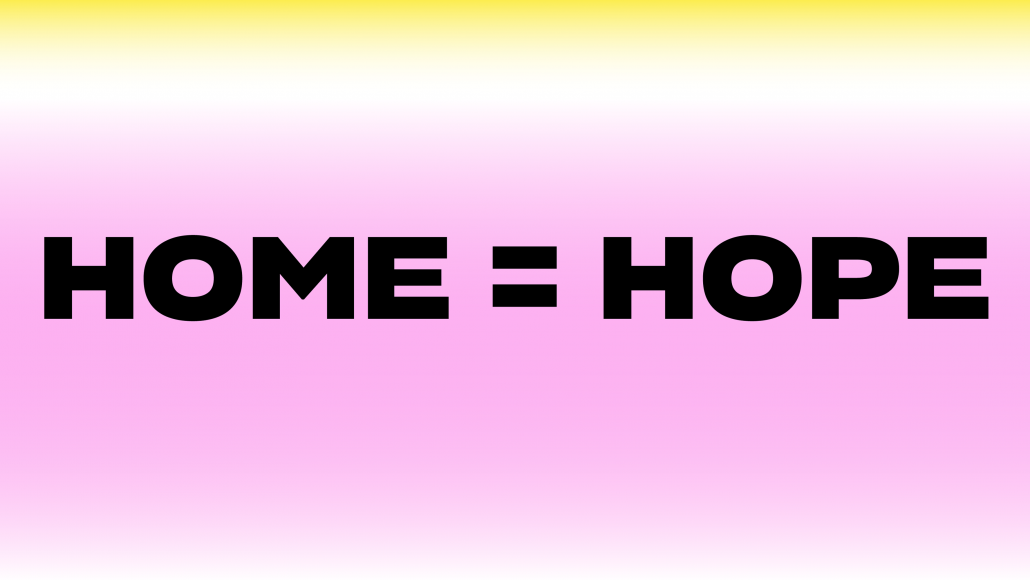Beth Silverman
Lotus Campaign
The Lotus Campaign (Lotus) was launched in late July 2018. Lotus has as its goal increasing the availability of housing for people experiencing homelessness by engaging the private, for-profit real estate and investment communities. Lotus’ market-based approach has three components: incent, invest and advise.
Since its inception, Lotus has helped facilitate housing options for over 80 people through its Landlord Participation Program (currently a pilot project in Charlotte). Through its investment program, Lotus has purchased its first multi-family development, where 20 percent of the units will be reserved for people who have experienced homelessness.
This blog post is the first in a three-part series about the Lotus Campaign and this affordable housing approach driven by private philanthropy and the desire to give back.
THE IDEA FOR LOTUS STARTED WITH PHILIP AND MARY RUTH
The story of the Lotus Campaign began in 1973 in Williamsburg, Virginia where two of Lotus’s co-founders, Philip and Mary Ruth Payne, were psychology majors at the College of William and Mary. Both were interning at Eastern State Hospital, the largest mental health hospital in Virginia, where they came to understand how important stable housing was to the health and well-being of patients.
While Mary Ruth went on to become a mental health psychologist, Philip first became an attorney and then went on to be a pioneering workforce housing developer throughout the Southeast. In December 2018, Philip had just returned from volunteering on a national advisory services panel for the Urban Land Institute (ULI) on how to address homelessness in Los Angeles, California. He was the only for-profit development expert of the panel of eight people. At the same time, Mary Ruth was moved by remarks made at the Urban Ministry Center’s “True Blessings” lunch by the group’s Executive Director. The theme was the “fierce urgency of now” in addressing the need for housing for people experiencing homelessness.
FINDING A WAY TO PUT THEIR IDEA INTO ACTION
These experiences pushed Mary Ruth and Philip into action. They first considered renting an apartment to house a family, but that approach felt insignificant in the face of such a monstrous problem. They then piloted donating to various non-profit groups, with the conditions that the money had to both be leveraged and follow a profit-based model for placing people into housing. This approach also failed to deliver the impact they hoped to achieve.
These experiences lead to discussions with two colleagues, Beth Silverman and Molly McCabe, who encouraged and supported the idea of a market-based approach to increasing the availability of housing. Conversations led to a 4-day working retreat where Philip, Mary Ruth, Molly and Beth brainstormed and interviewed landlords, investors, non-profit leaders, and other stakeholders to hear their insights and recommendations. This marked the start of Lotus.
SO, WHAT
This approach to addressing affordable housing is one of many ways to address the affordable housing shortage in Charlotte-Mecklenburg, and highlights the importance of engaging all sides of the issue as part of the solution. It also recognizes the need to view homelessness and housing affordability as interrelated.
Future blog posts will cover the operations and outcomes of Lotus to date. Learn more about how the Lotus Campaign works here.
Beth Silverman is the Co-founder and Vice-President of The Lotus Campaign.


